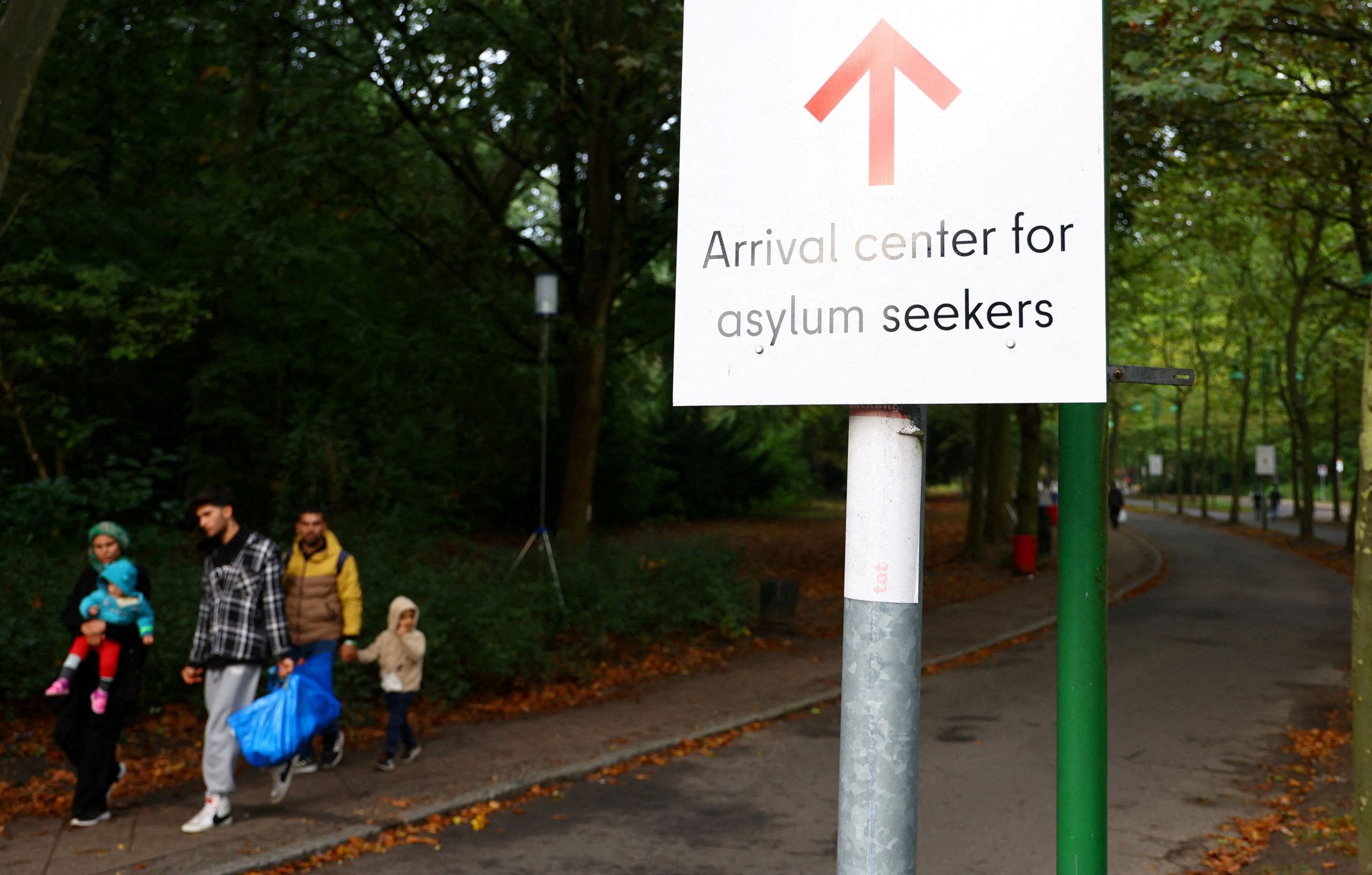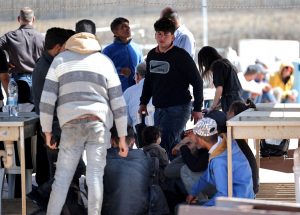It is now incumbent on the Commission to present a legislative proposal on the issue. However, although the procedures have been set in motion, nothing clear is expected before the new College of Commissioners takes up office.
Sándor Pintér, the Minister of Interior of Hungary, the current holder of the Council’s revolving presidency, noted that the Schengen area is under enormous pressure from migration, adding that the “robustness of our external borders” must be increased.
“Bad people must not be allowed into the EU, and if they do get in, they have to be returned,” he said, with Home Affairs Commissioner Ylva Johansson noting that while irregular migration has decreased and returns have become more effective, there has been no obvious fall in asylum applications.
“It is absolutely true that the returns system needs to be improved. It is currently fragmented,” said Nicole de Moore, Belgian State Secretary for Asylum and Migration, stressing that “first of all, we need faster procedures for those who pose a security risk to our countries, and second, we need to introduce an obligation to cooperate with the return authorities”.
For his part, Greek Immigration and Asylum Minister Nikos Panagiotopoulos stressed that the issue “has already been tabled, but we insist that returns must be discussed in the spirit of the European Pact and the totality of the provisions made in the European legislation, including the Dublin Regulation. So yes to returns, but within the framework that is currently in place.”
When asked about discussions on “return hubs” outside the EU, Johansson and Pintér replied that this was not proposed by either the Commission or the Hungarian Presidency.
What all sides are signaling is the need to implement the Pact on Immigration and Asylum, which will enter into force in 2026 with Member States already making the necessary processes and preparations.
The next discussion on migration will take place at the Head of State level next week, at the Summit on October 17-18.







